Greener Gatherings: Recycling and Waste Management at Events
Chosen theme: Recycling and Waste Management at Events. Join us as we transform crowded venues into clean, circular ecosystems using practical frameworks, lively stories, and ready-to-use tools. Subscribe, comment with your challenges, and help us shape our next deep dive into smarter, kinder events.

Designing a Zero-Waste Event Blueprint
Define a diversion target, contamination threshold, and recovery priorities before contracts are signed. Aim for at least 80% diversion, less than 5% contamination, and specific material priorities like aluminum, PET, cardboard, and organics. Publish targets so teams feel accountable and empowered.

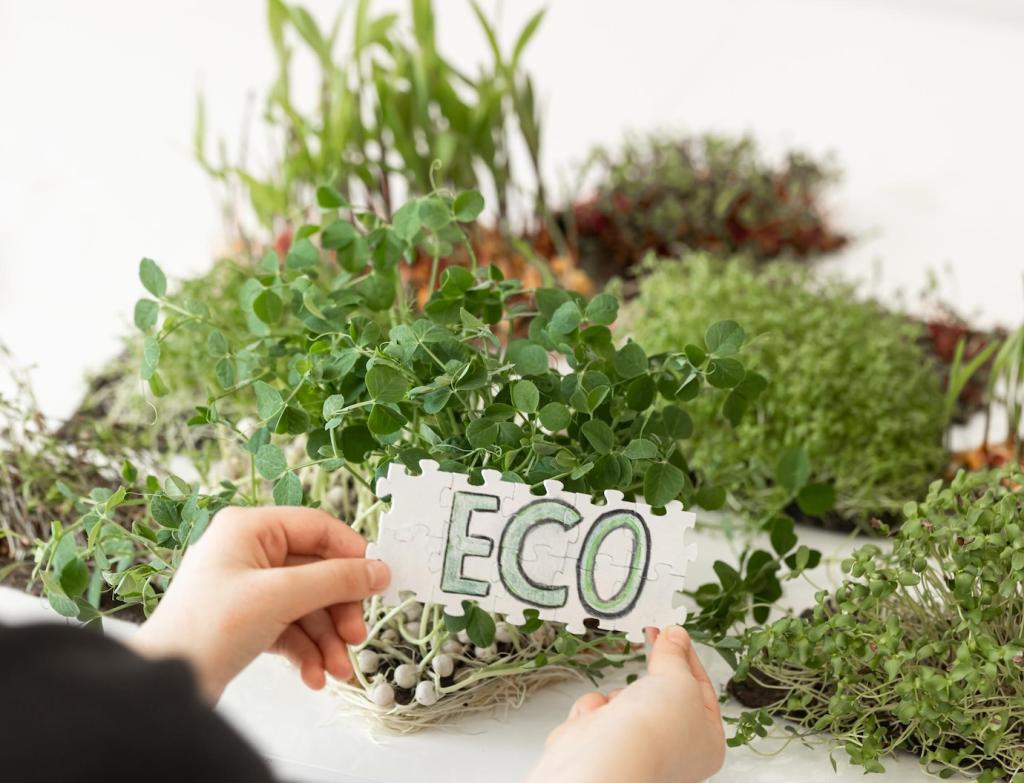
Designing a Zero-Waste Event Blueprint
List every item entering the venue, from lanyards to lemonade cups. Sketch the journey of each material through prep, service, attendee use, and back-of-house sorting. This map reveals hotspots, bin placements, and where contamination most likely sneaks in.
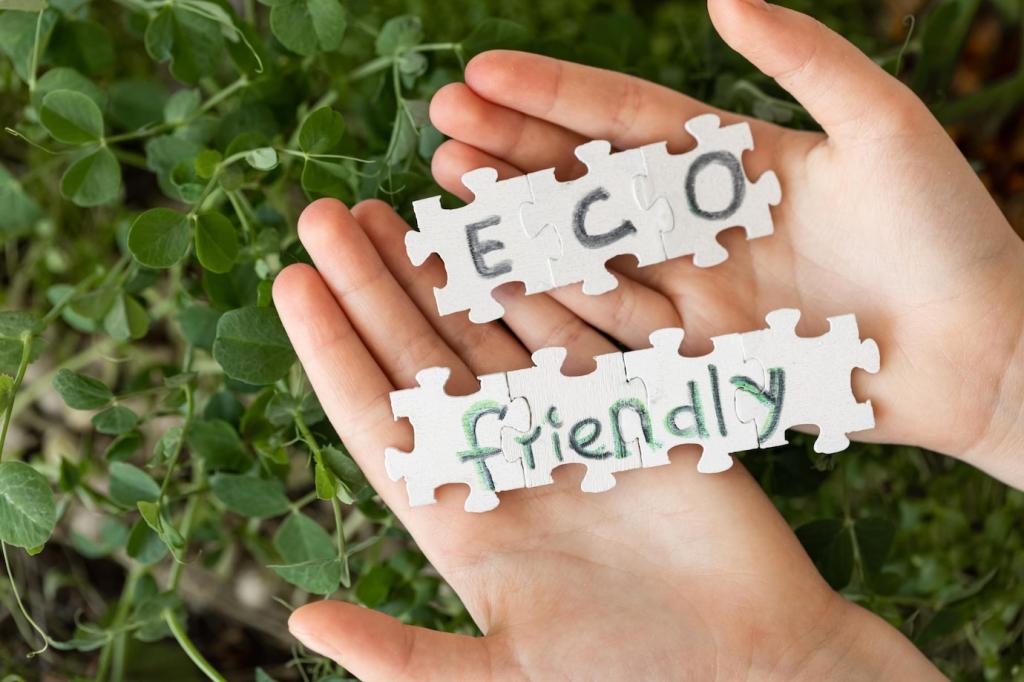
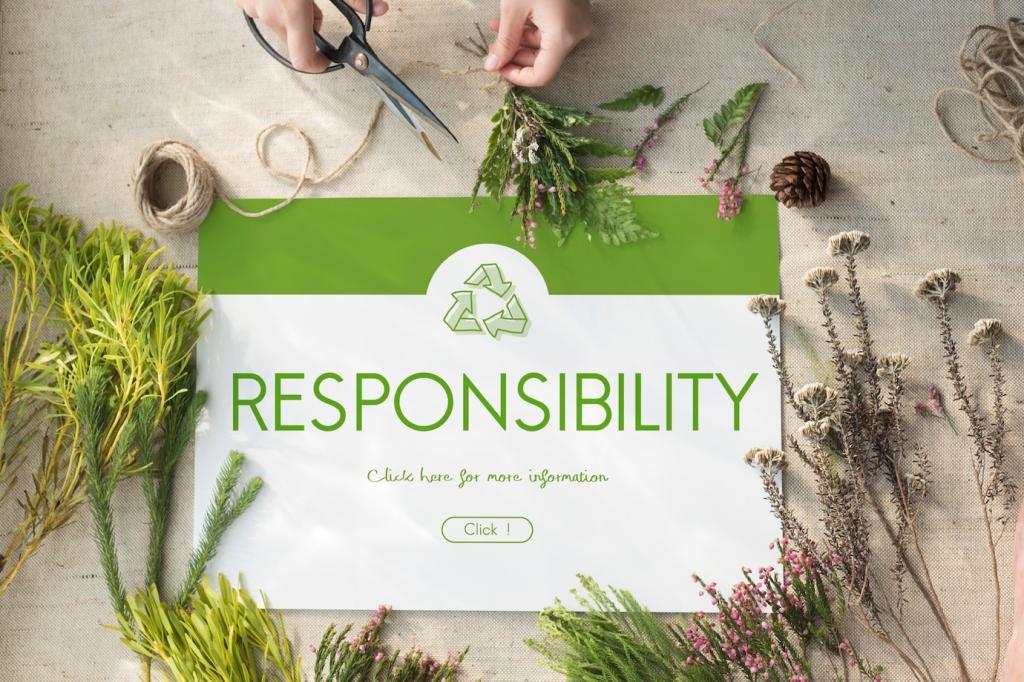
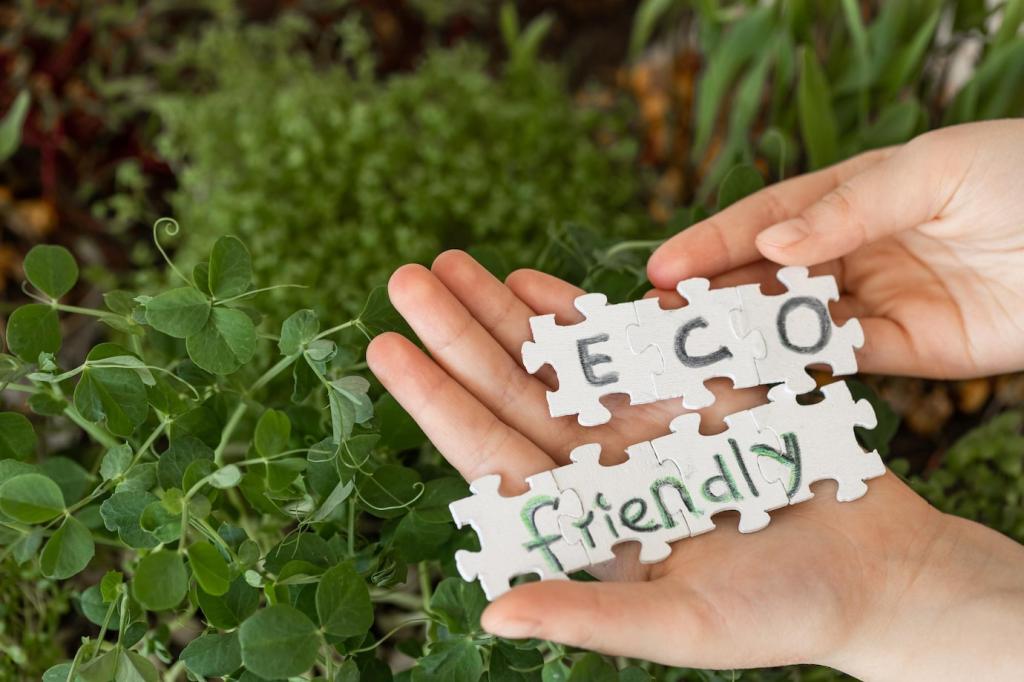

Vendors as Sustainability Allies
Specify certified compostable serviceware for food vendors, verified by your local composter’s acceptance list. Include lids, stirrers, and sauce cups—small items drive big contamination. Provide a pre-approved catalog so vendors buy once and sort right without guesswork.
Food, Beverage, and Composting Success
Source-Separated Organics
Place green organics bins at every food queue, condiment station, and staff prep area. Train crews to empty liquids before composting cups. A separate liquids bucket prevents soggy bags, keeps bins lighter, and speeds safe back-of-house handling.
Edible Rescue Partnerships
Coordinate with local food banks for surplus meals. Label ingredients and temperatures, then pack quickly after service. One stadium series donated 1,200 meals in a weekend, cutting disposal costs while building community goodwill that kept sponsors proudly on board.
Compost Quality Control
Back-of-house sorters should spot-check bags before hauling. Remove plastics, foil, and stray straws. Keep a “contamination wall” photo board that celebrates clean bags and highlights teachable mistakes. Share weekly wins to motivate crews and vendors alike.


Data, Audits, and Transparent Reporting
Create a simple scale station at the dock. Weigh every stream by load, log time, source zone, and notes. Quick numbers reveal problem areas, like a bar overusing plastic wraps or a stage lacking a recycling pair next to landfill.
Data, Audits, and Transparent Reporting
Use a shared spreadsheet or app to visualize diversion, contamination, and per-attendee waste. Highlight red zones before day two begins. Data-driven tweaks—moving three bins and retraining one vendor—often produce dramatic improvements by the next afternoon.
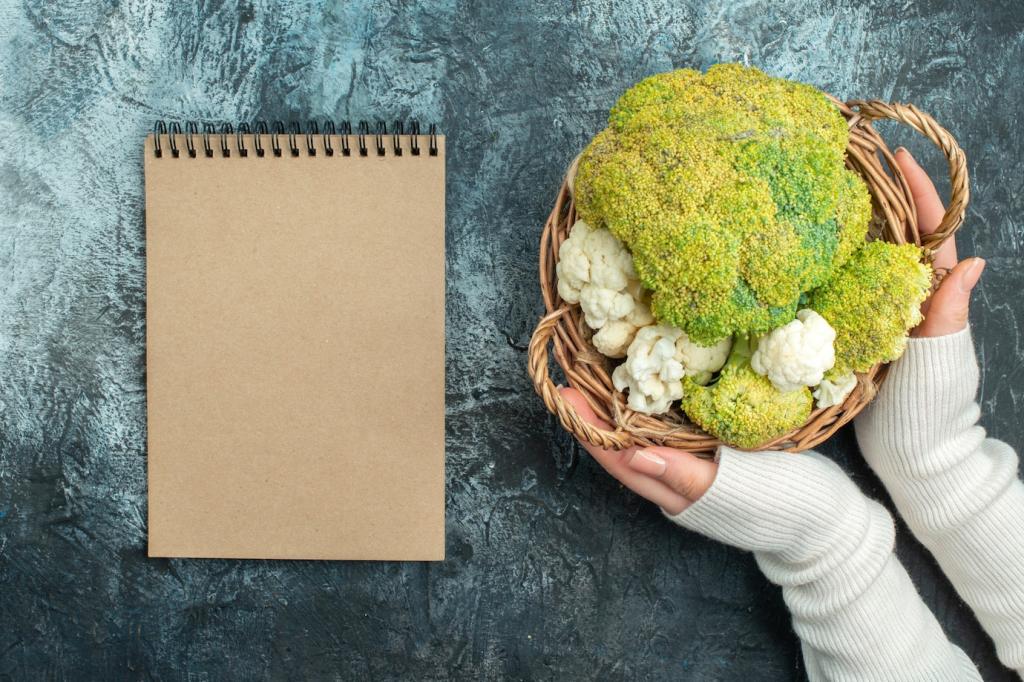
Gamify Sorting
Run a friendly competition between stages or neighborhoods. Display live diversion scores and celebrate improvements on screens. Offer backstage tour raffles for participants who return reusables. The thrill of progress turns recycling from a chore into a shared victory.

Influencers and Emcees
Brief performers and hosts to model good sorting on camera and on stage. A thirty-second shout-out before headliners can reshape thousands of small choices. When heroes sort, audiences follow, and contamination plummets without a single extra poster.
Legacy Planning and Continuous Improvement
Hold a one-hour post-event huddle with vendors, haulers, and volunteers. Review data, photos, and cost impacts. Document three practices to keep and three to change. Turn insights into checklist updates that shorten planning time next season.
Develop a short, repeatable training with scripts, photos, and scenario drills. Empower zone captains to teach new volunteers in ten minutes. Consistent onboarding preserves culture even as staff rotate, ensuring reliable sorting and calmer back-of-house shifts.
Publish your playbook, celebrate partners, and invite subscribers to join pilot tests. What worked for your festival can lift conferences, races, and fairs across the region. Comment with your biggest barrier, and we’ll crowdsource fixes in our next feature.
Join our mailing list
